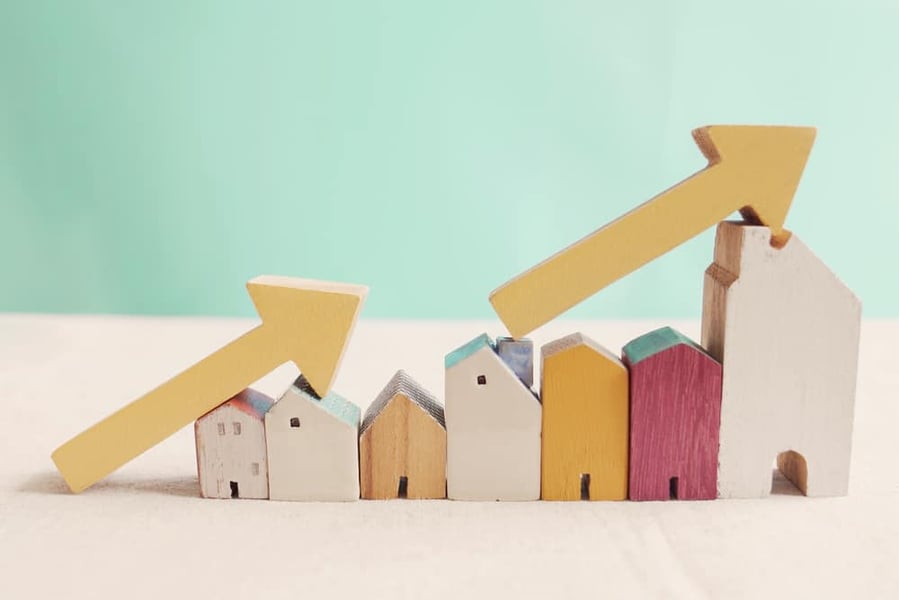This is a fall from June when 40% of properties sold for more than the original asking price, but in line with the previous month’s figure of 33%.

An estimated 31% of properties were sold for more than the original asking price in July, according to NAEA Propertymark.
This is a drop from June, when 40% of properties sold for more than the original asking price, but in line with the previous month’s figure of 33%.
This is also the highest figure on record for the month of July, beating the previous July record of 8% in 2020.
The average number of sales agreed per estate agent branch fell slightly to 10 in July, from June’s figure of 11.
Year-on-year, this figure was also slightly lower than during July 2020 when there were 13 sales agreed per branch on average.
The number of sales made to first-time buyers fell to 20% in July from June’s figure of 27%.
Looking to supply, the number of properties available per member branch stood at 28 in July, a slight jump from June’s figure of 23 per branch.
Year-on-year this was the lowest figure ever on record for the month of July with the previous lowest July being during 2017 when there were 35 houses available to buy per branch.
This means there is an average of 15 buyers for every available property on the market.
The average number of house hunters registered per estate agent branch stood at 428 in July, which is a marginal increase from 426 in June.
Year-on-year this is the same as during July 2020 when the figure also stood at 428.
Nathan Emerson, chief executive of Propertymark, said: “This month’s slight rebalance of the market is welcome news and a much-needed step in the right direction, with supply of property beginning to increase and the number of homes selling for over the asking price starting to even out.
"Now that the stamp duty holiday is close to it’s final phased out end, we expect this trend to continue in the coming months as people and spending habits return to normality post COVID.”



